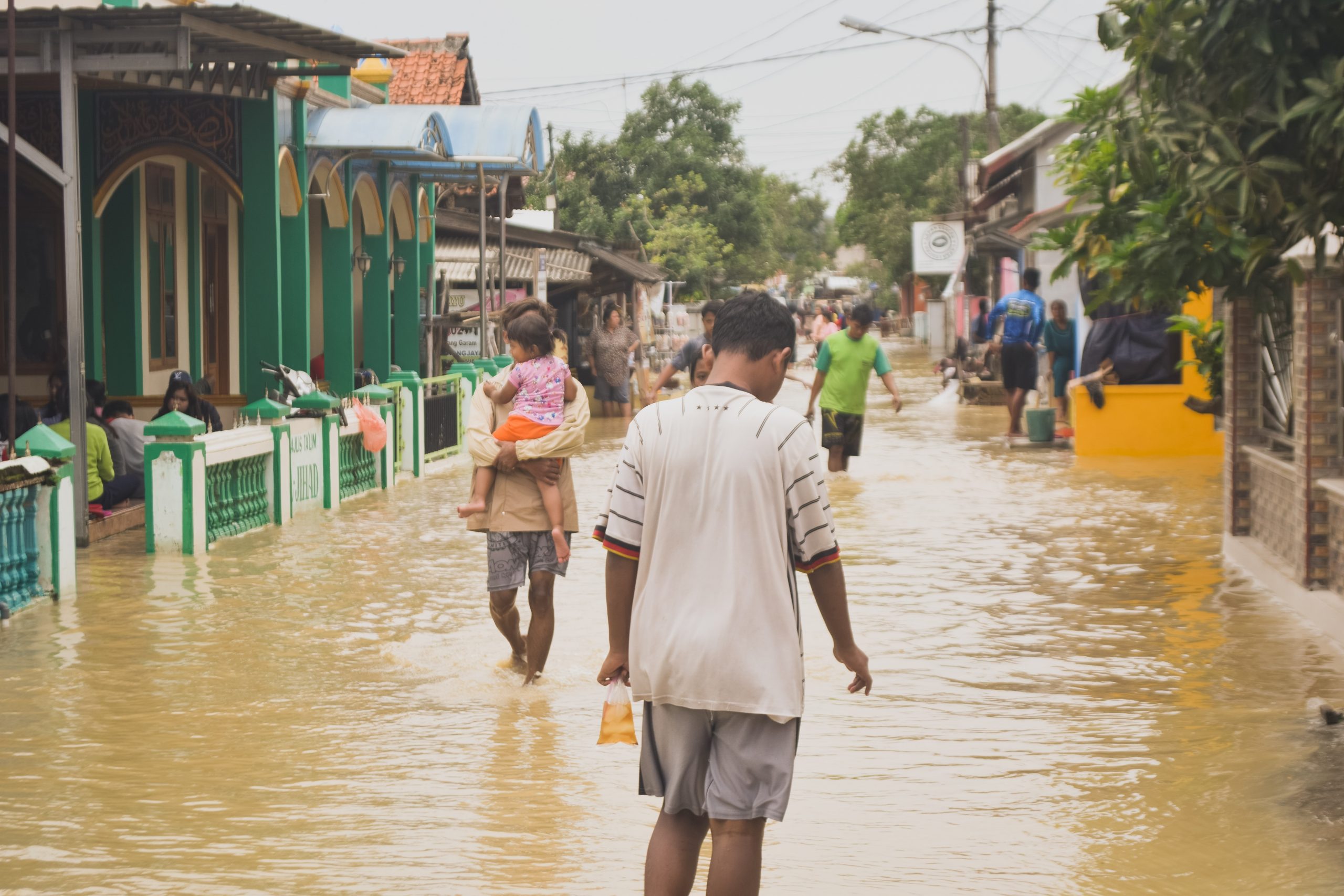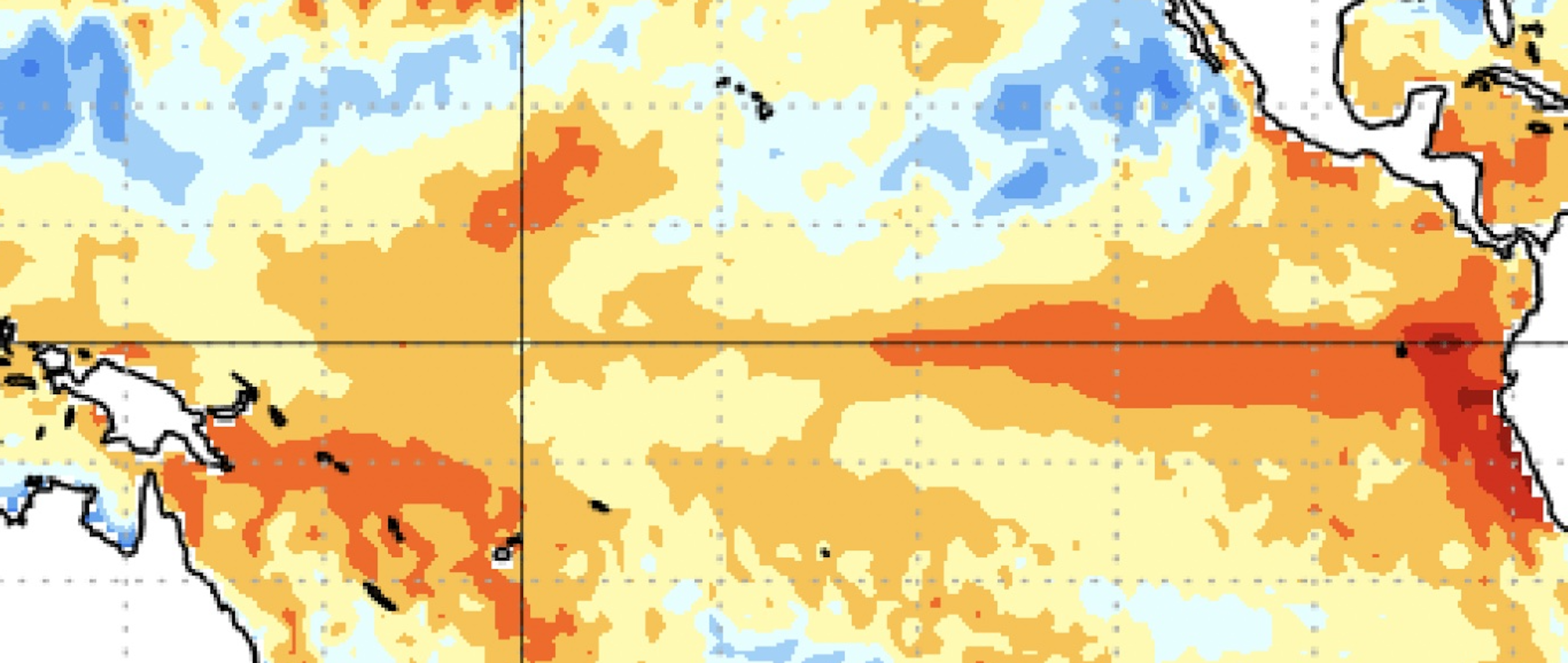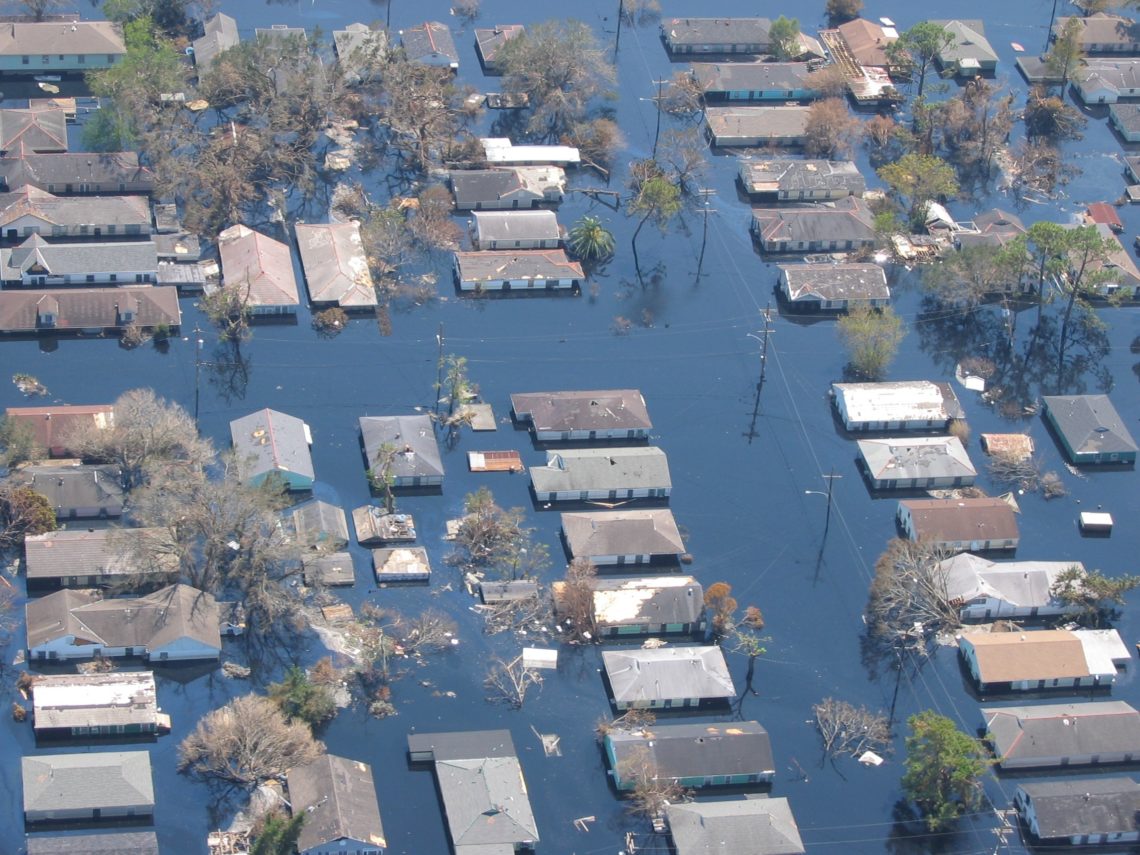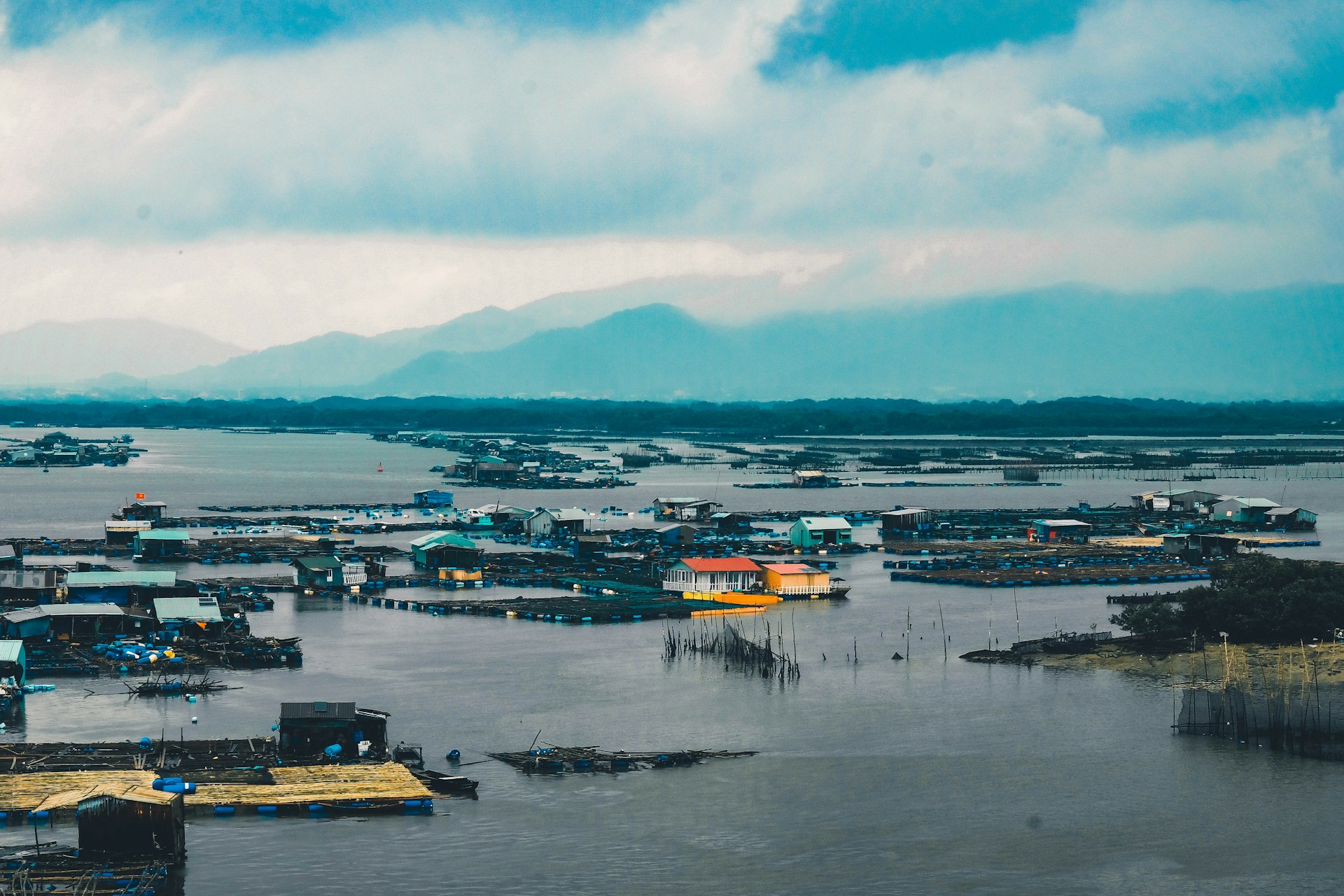The Climate Crisis seen from Davos

The Global Risks Report 2024 counts extreme weather events and critical change to Earth systems as the greatest concerns facing the world over the next decade. An overview of the latest edition of the report, from how it is built to the main emerged results.
Climate and health: understanding the entanglement

Infographics, resources, and analyses to understand the way climate change and health are closely connected. The increasing frequency of extreme weather events and substantial environmental transformations, primarily driven by climate change, pose significant threats to both physical and mental well-being. These changes have far-reaching implications for safety, affecting people’s access to critical resources such as clean air, safe water, food, and healthcare.
El Niño is here and its effects will be no child’s play

El Niño has officially arrived and with it sensationalist headlines about temperature thresholds, extreme weather and destruction. “However, it is important to remember that climate change isn’t a strictly linear process and El Niño simply highlights the ups and downs in what is a generally warming trend dictated by climate change,” says CMCC researcher Leone Cavicchia, as he explains what ENSO is, how it impacts local and global weather, and what to expect now that it has arrived.
Heatwaves or the new normal? Global media analyses and reactions

Record-breaking temperatures in Europe, heat advisory in the US, and peaks in electricity consumption in China. Media outlets and climate change communicators across the world are pointing to links between the ongoing heatwaves and climate change, just as researchers are working to make the science behind extreme weather attribution more robust.
The financial impacts of climate risk

The International Foundation Big Data and Artificial Intelligence for Human Development (iFAB) in collaboration with CMCC and Leithà, launches the European Extreme Events Climate Index (E3CI), an innovative operational service for weather induced hazard assessment and management. E3CI has the potential to revolutionize the way insurers and financial markets evaluate extreme weather-related risks in Europe. A bold step in ensuring that scientific research has tangible impacts on the real world.
Disbanded Climate Group Reconvenes

The climate change advisory panel disbanded by Trump in 2017 has regrouped. They warn that the US economy is set to lose $500bn due to extreme weather events and aim to develop science-based methods to support local communities in implementing mitigation and adaptation strategies.
Global Risks Report 2019: three of top five are related to climate

The 2019 edition of the annual World Economic Forum flagship publication lists extreme weather events, failure of climate-change mitigation and adaptation and natural disasters among the top five threats most likely to occur in the next 10 years.
From forecast to action: The Mediterranean’s rising climate challenge

Home to over 500 million people across 22 countries whose lives are closely shaped by its waters, the Mediterranean Sea is not only a vital marine ecosystem but also one of the world’s most vulnerable climate hotspots, currently warming 20% faster than the global average. July 8th marks the International Day of the Mediterranean Sea — a moment to reflect on its importance and the urgent challenges it faces.
Overshoot: Navigating the challenges of exceeding global warming limits

The goal of limiting global warming to 1.5°C has become a cornerstone of international climate policy. However, as greenhouse gas emissions continue to rise and the impacts of climate change intensify, surpassing this threshold is looking increasingly likely, if not inevitable. This scenario raises urgent questions about the risks involved, the feasibility of returning to safer temperature levels, and the social and economic trade-offs associated with such pathways. New tools and research, such as CMCC’s overshoot platform based on the work of an international team of scientists and design experts, can help answer these questions.
It’s a wrap! The climate in 2024

As 2024 comes to a close we look back at the most important climate events, meetings, negotiations and initiatives from the last twelve months. Our research and data, articles and projects reveal a year that has been rich with developments and change in both the climate itself and what we can expect from the future.
COP29 Spotlight | Loss and Damage funding has to be at core of new climate finance regime

The focus of the ongoing COP is to decide on a new finance regime. Major polluters will be asked to massively increase their financial contributions to developing nations. Researchers from IIASA and CMCC show that Loss and Damage needs of vulnerable countries range between roughly 130 and 940 billion Dollars in 2025 alone. On top of money for mitigation and adaptation.
COP29 Spotlight | A collective financial goal for a just transition

Mitigation and adaptation finance are critical elements in climate negotiations aimed at building a more resilient future. “COP29 has already been called ‘the Finance COP’ due to the importance of the New Collective Quantified Goal on Climate Finance (NCQG), which will replace the previous USD 100 billion goal,” says Marta Ellena, CMCC researcher and member of the Italian delegation to COP29. Frontier climate research, such as that conducted at CMCC, can support international and local climate financing mechanisms by quantifying needs, evaluating and devising effective policies, and ensuring accountability and transparency of financial flows.
